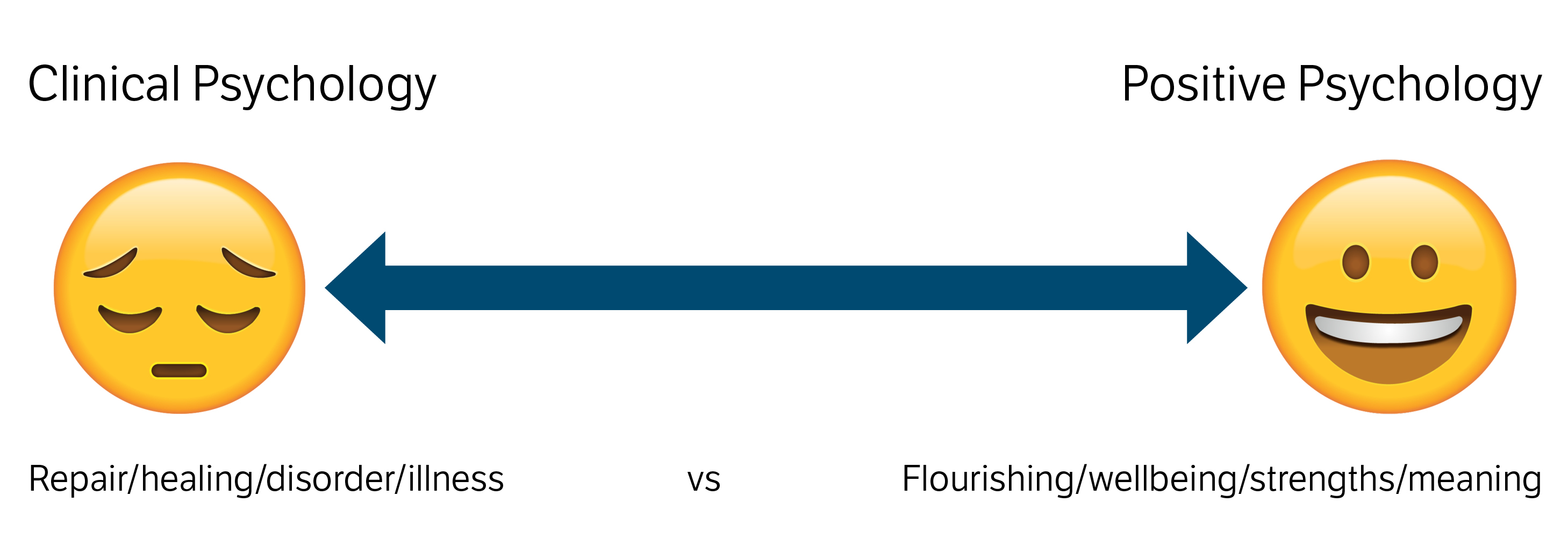Positive psychology is an exciting field that focuses on what makes life worth living. Rather than concentrating solely on mental illnesses or negative experiences, it examines the aspects of life that contribute to happiness and fulfillment. By fostering a deeper understanding of human strengths, this approach encourages individuals to cultivate their inner resources and enhance their overall well-being.
At the heart of positive psychology are several key concepts, including resilience, gratitude, and mindfulness. These elements are essential in promoting a happier and more meaningful life. For instance, resilience helps us bounce back from setbacks, while gratitude allows us to appreciate the good in our lives. Mindfulness teaches us to be present, enhancing our experiences and reducing stress. Incorporating these practices into daily routines can lead to profound changes in our overall outlook.
Get the entire information you require about Sugar reduction on this page.
Furthermore, engaging in activities that promote positive emotions can significantly impact our mental health. Consider the following suggestions:
- Practice daily gratitude by keeping a journal of things you appreciate.
- Engage in acts of kindness, which can boost both your mood and that of others.
- Set achievable goals that align with your passions to foster a sense of accomplishment.
- Connect with others through meaningful social interactions to build a supportive network.
Research has shown that engaging with these practices can lead to a decrease in anxiety and depression while enhancing overall happiness. Additionally, the influence of positive psychology can extend beyond the individual; it can create ripple effects in communities and organizations, promoting a more supportive and uplifting environment.
Learn about more about the process of Simple steps to wellness in the field.

To further immerse yourself in the principles of positive psychology, consider exploring works by renowned figures in the field, such as Martin Seligman, who is often regarded as the father of positive psychology. His research emphasizes the importance of developing strengths and pursuing a fulfilling life. By embracing the concepts of positive psychology, individuals can not only improve their lives but also contribute to a more positive and thriving society.